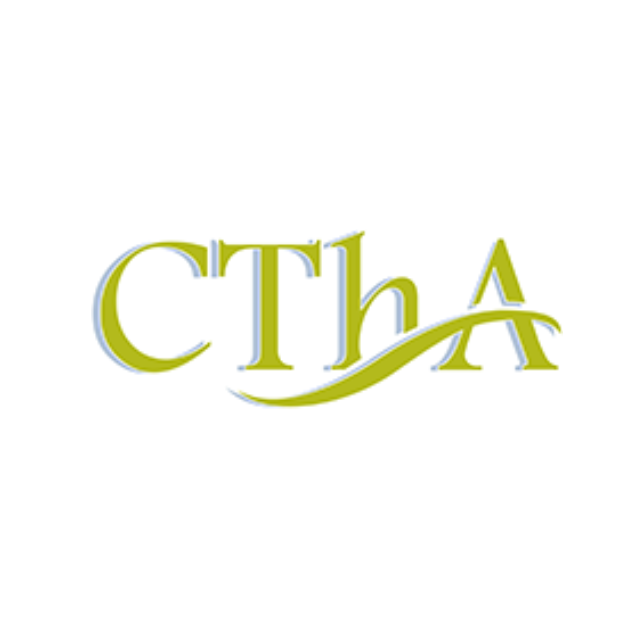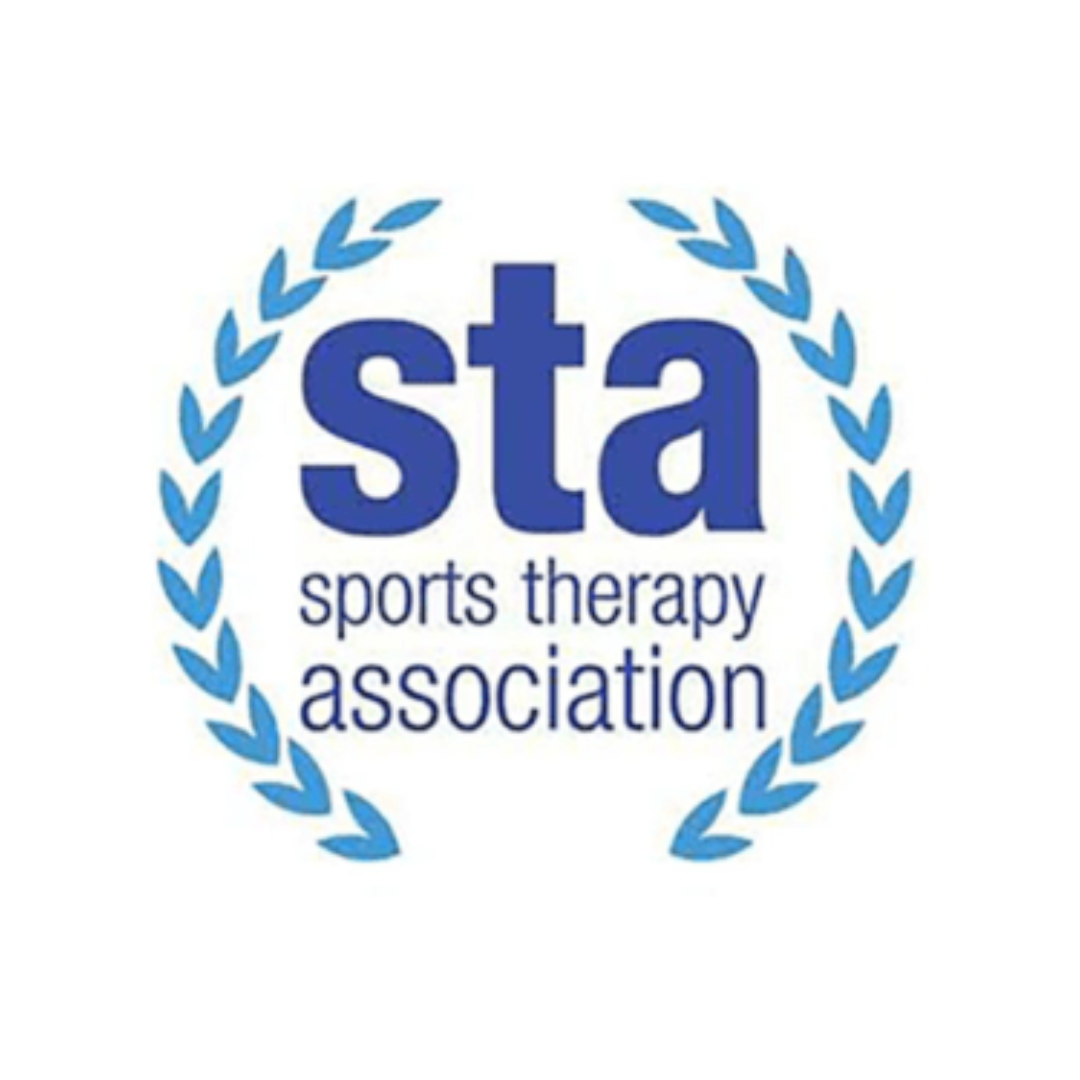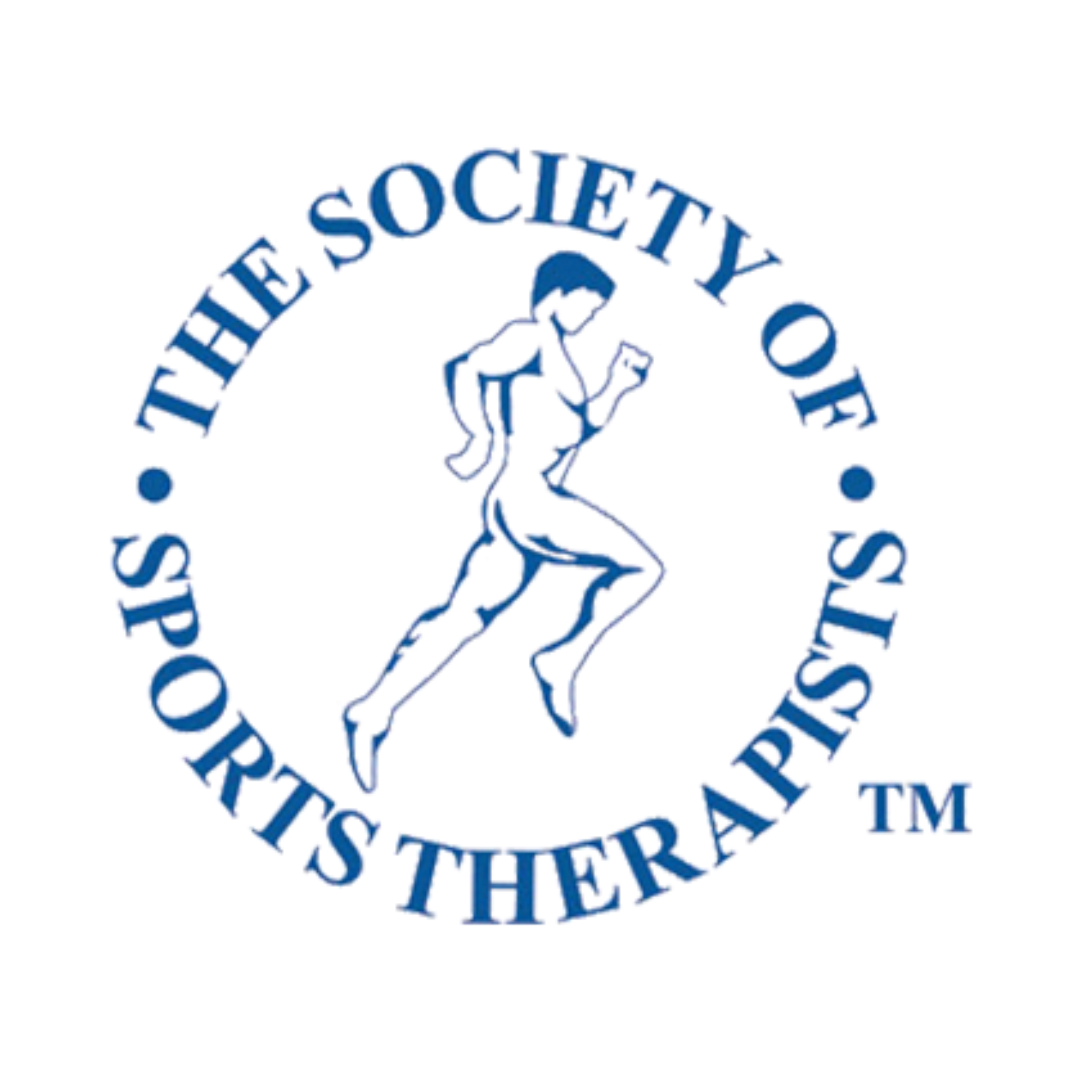Session spotlight - Psychedelic-assisted therapy for physical health: hype or hope? With James B Close
)
At Therapy Expo, we aim to provide our delegates with the most up-to-date, educational, and thought-provoking content in our conference theatres. We cover a variety of topic areas from across the sector and aim to ensure that content is tailored for the broad range of therapy professionals our event attracts. Over the next few months, we will be revisiting some of the most popular sessions from 2023, delivered by esteemed sector professionals.
This month’s session summary will look back at James B Close’s presentation on ‘Psychedelic-assisted therapy for physical health: hype or hope?’.
James B Close is a clinical academic based in London, specialising in the management of musculoskeletal conditions and chronic pain. After obtaining an undergraduate degree in Physiotherapy from Cardiff University, he has accumulated experience in various healthcare organisations, both in the public and private sectors, including Chelsea & Westminster Hospital, Guy’s & St. Thomas’ Hospitals, and Chelsea Football Club.
James nurtured his interest in research following the completion of an MSc at King’s College London in 2017. Presently, he dedicates part of his time practicing as a specialist pain physiotherapist at Charing Cross Hospital in West London. In 2018, he became a member of Imperial College London’s Centre for Psychedelic Research, where he continues to contribute in both research and therapeutic capacities to numerous studies.
Currently, James is overseeing one of the first contemporary trials on psychedelics within a chronic pain population as part of his doctoral thesis. This thesis focuses on the brain mechanisms and phenomenology of Psilocybin-assisted therapy in individuals with Fibromyalgia.
James session at Therapy Expo 2023 focused on his current research focus around psychedelic-assisted therapies for chronic pain and the potential implications and ongoing research into the use of psychedelics for various health conditions.
Psychedelics are broadly used substances, with a focus on serotonergic psychedelics that work through the serotonin system. These include drugs like DMT, mescaline, 5-MeO-DMT, LSD, and psilocybin. Psilocybin, found in psilocybin mushrooms, is of particular interest to us due to its wide-ranging natural occurrence and historical medicinal use by Indigenous populations. While not all psychedelics like ketamine and MDMA are serotonergic, they share a number of subjective effects and are also under study for therapeutic uses.
James described how research on psychedelics saw a spike in the 1970s, driven by the popularity of LSD and studies by figures like Timothy Leary. However, a significant hiatus followed due to the war on drugs initiated by the Reagan administration, which curtailed research and led to these substances being banned. This hiatus ended in the early 2000s when new research began in the UK, Switzerland, and the US. Despite early studies being methodologically poor, contemporary research has rekindled interest and investment in psychedelics as potential therapeutic agents.
James then went on to explain the chemical processes involved when taking psilocybin. He explained how, once ingested, it metabolises into psilocin, a serotonin agonist. This compound then interacts with serotonin receptors, particularly the 2A receptor, and shows potential in promoting neuroplasticity and learning through pathways like the BDNF receptor. We already know that research has indicated that psychedelics can influence the autonomic nervous system, promoting long-lasting changes even after the drug has left the body. But we are coming to discover that it is this property that could be crucial for applications in spinal cord injury, chronic pain, and neuroplastic rehabilitation.
James highlighted how modern research by Charles Nichols has indicated that psychedelics might have anti-inflammatory properties, impacting conditions like irritable bowel syndrome and neuropathic pain.
Despite the promising early results, James maintained that there are significant challenges in psychedelic research. One major issue is the difficulty in running blind drug trials due to the pronounced subjective effects of psychedelics on participants and that innovative methods will be needed to address this. In addition to this, whilst early studies focus on small sample sizes, larger, more comprehensive studies are necessary to validate the therapeutic potential of psychedelics.
James concluded the session by explaining how the use of psychedelics in therapeutic settings offers a promising yet speculative avenue for treating chronic pain and other health conditions. The research is still in its infancy, and many questions remain about the mechanisms and long-term effects of these substances. However, the growing body of evidence suggests that psychedelics could play a significant role in future medical treatments, provided the scientific community can navigate the methodological and regulatory challenges ahead.
If you want to purchase access to all the 2023 session recordings for just £20+VAT, please contact our delegate manager at a.bajraktari@closerstillmedia.com
CHECK OUT THE SESSION HERE:


.png)
.png)











.png)




